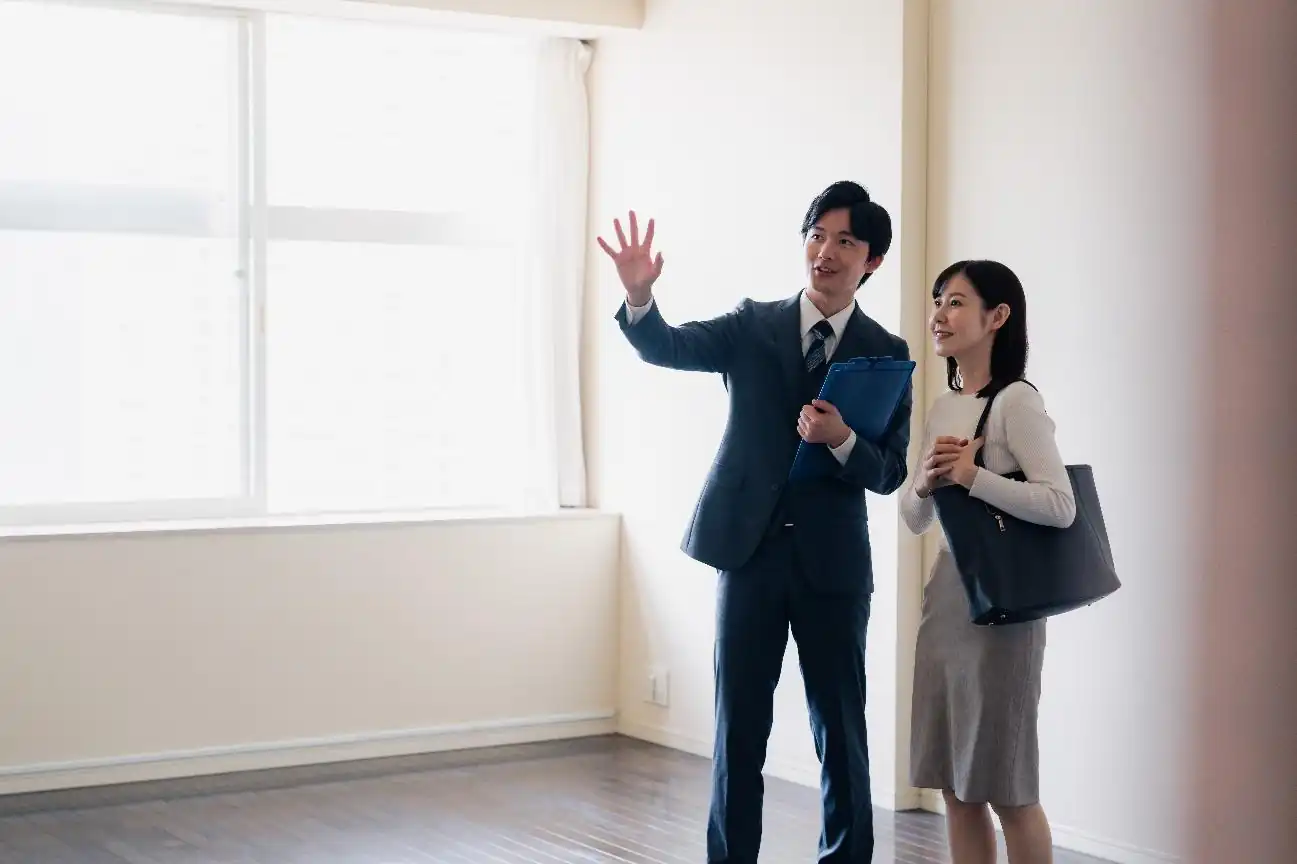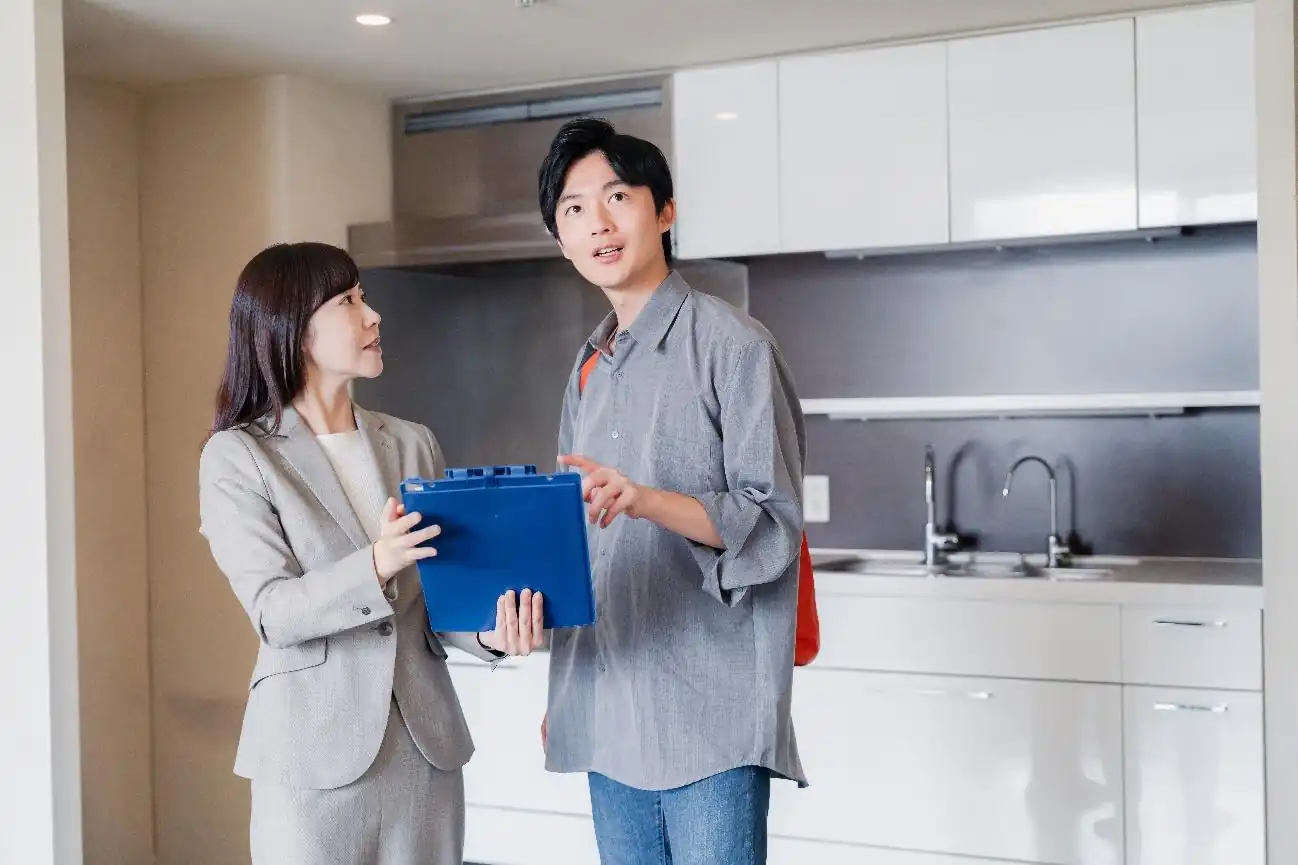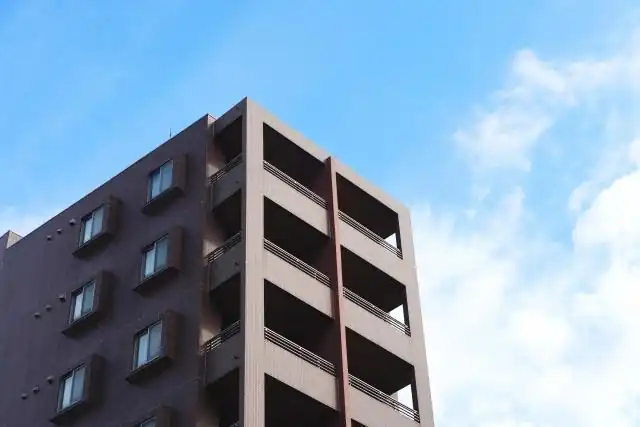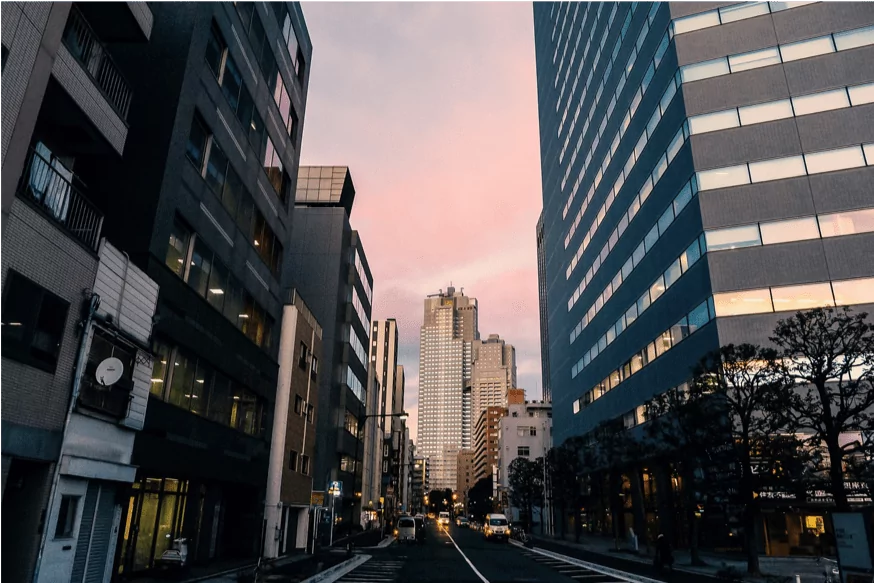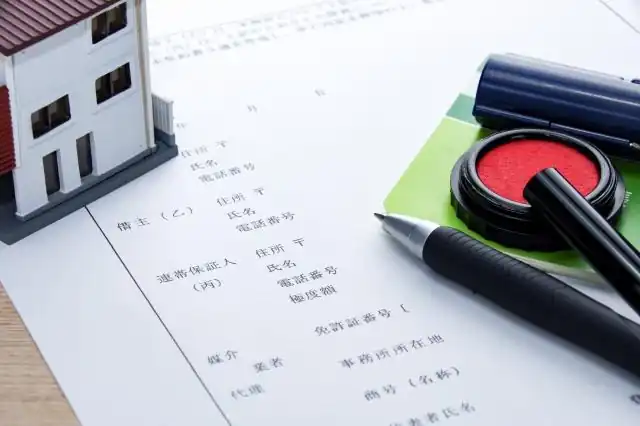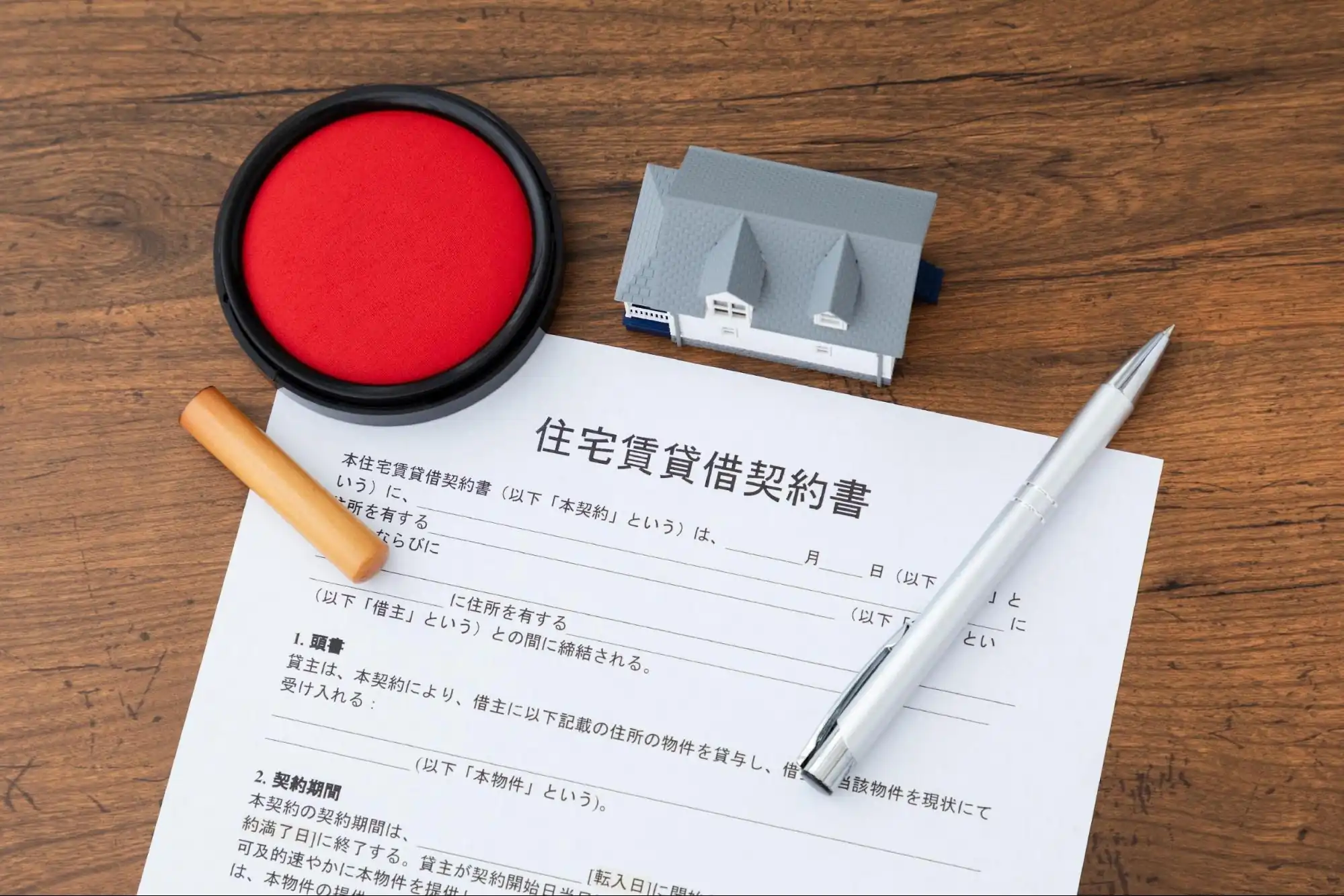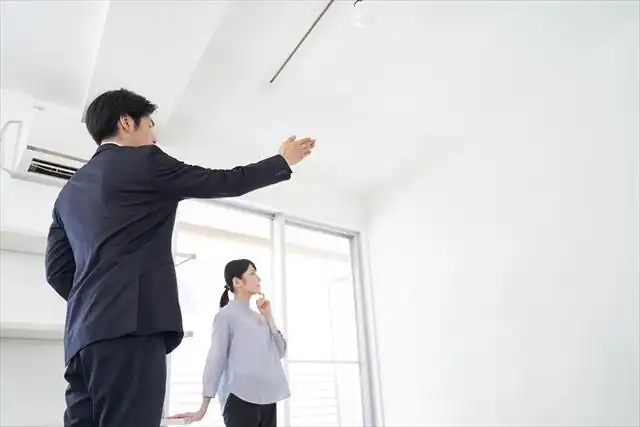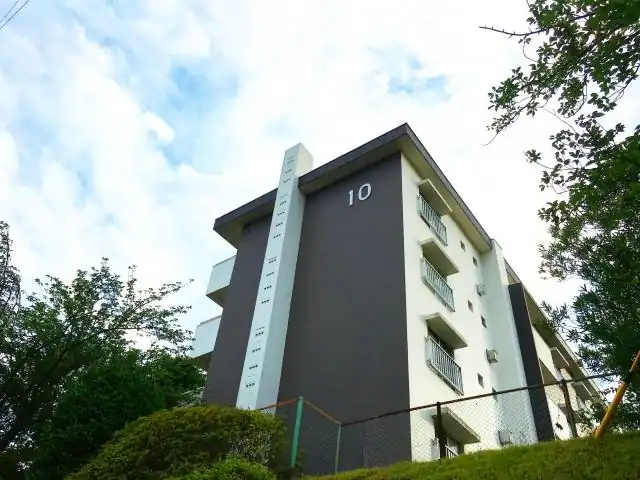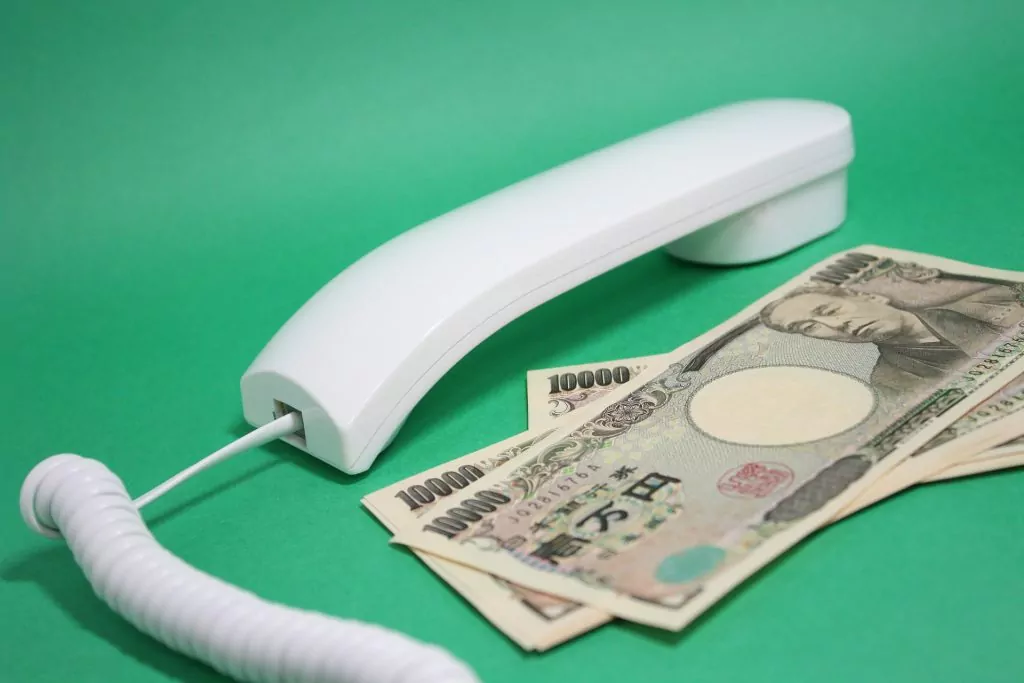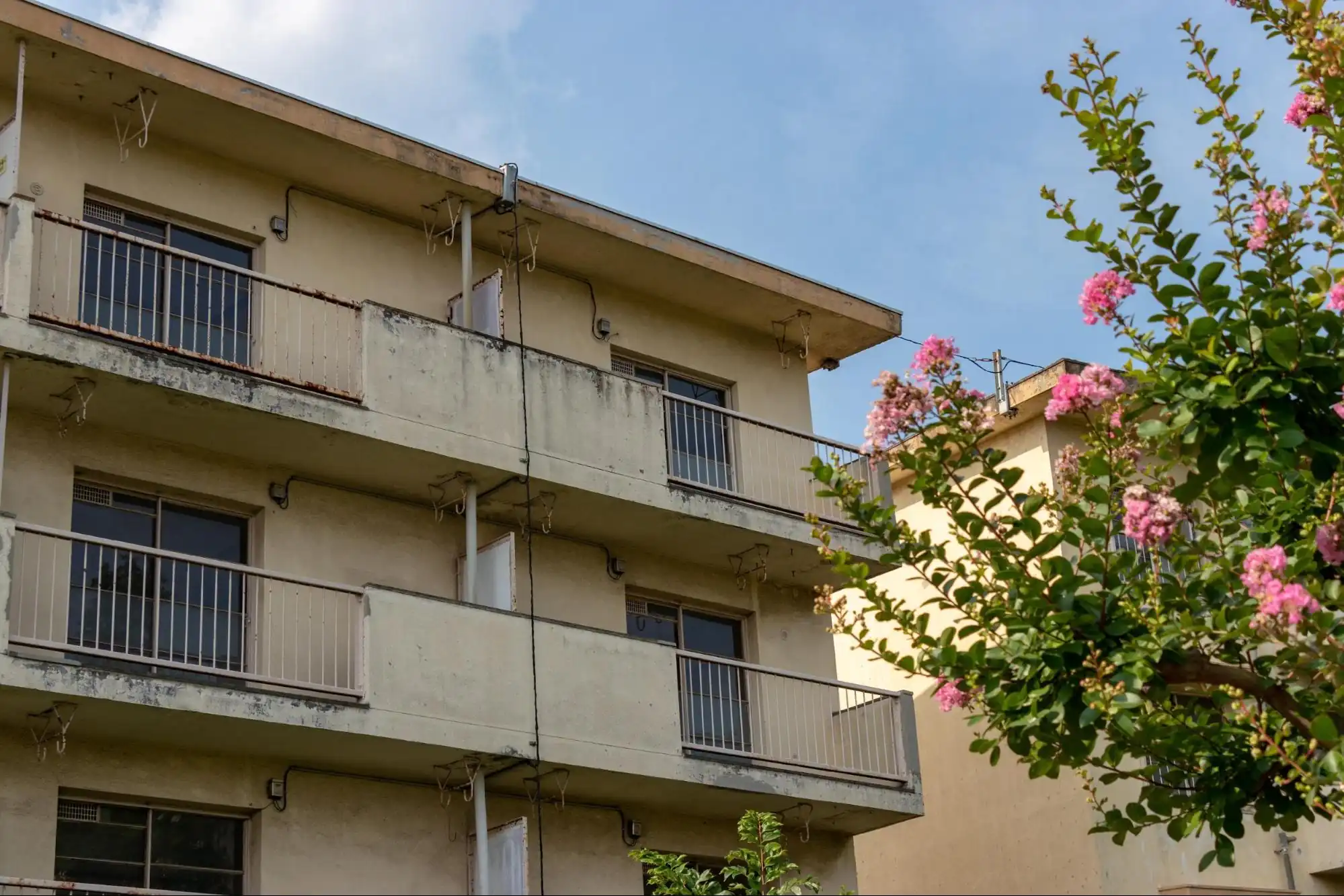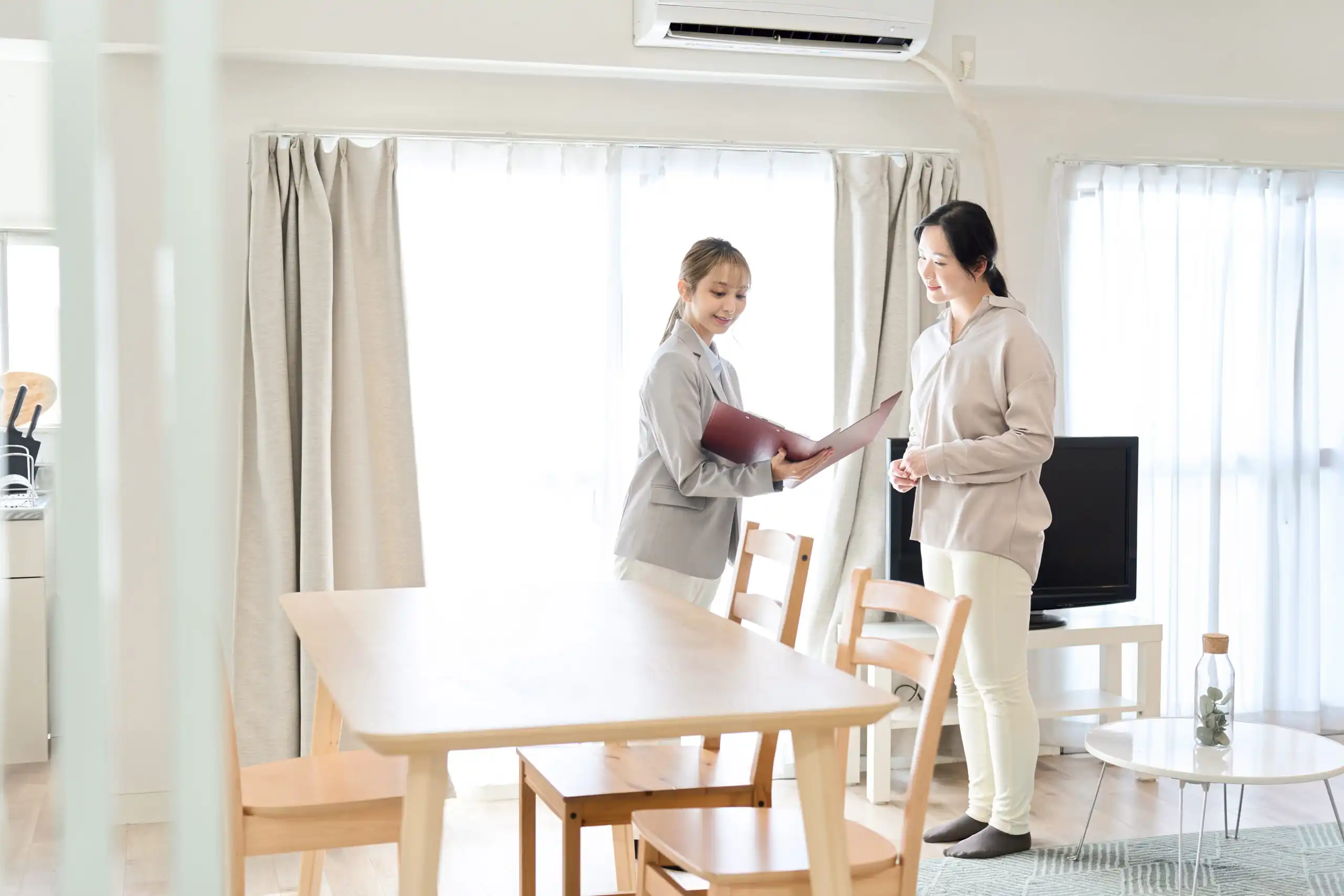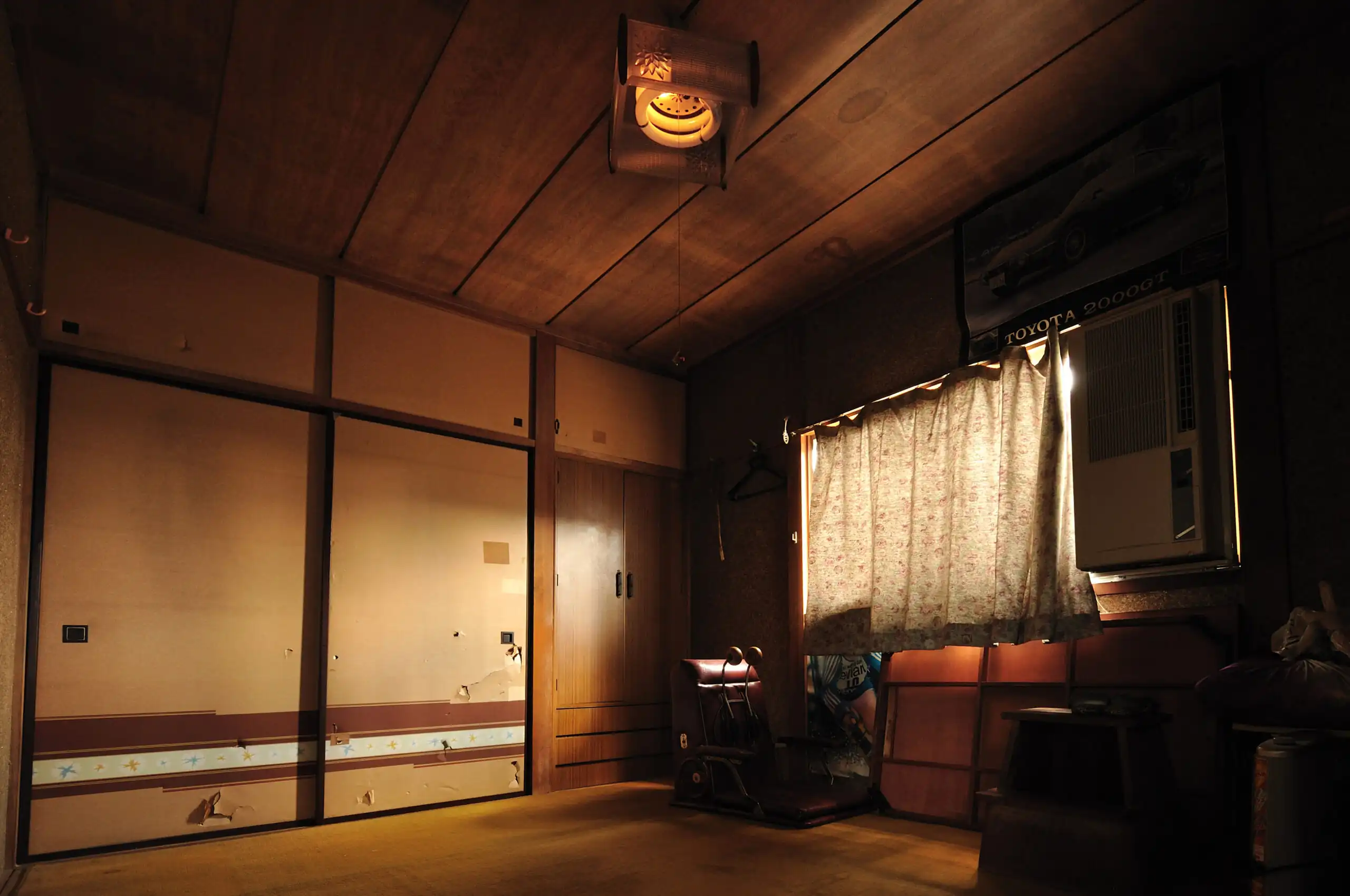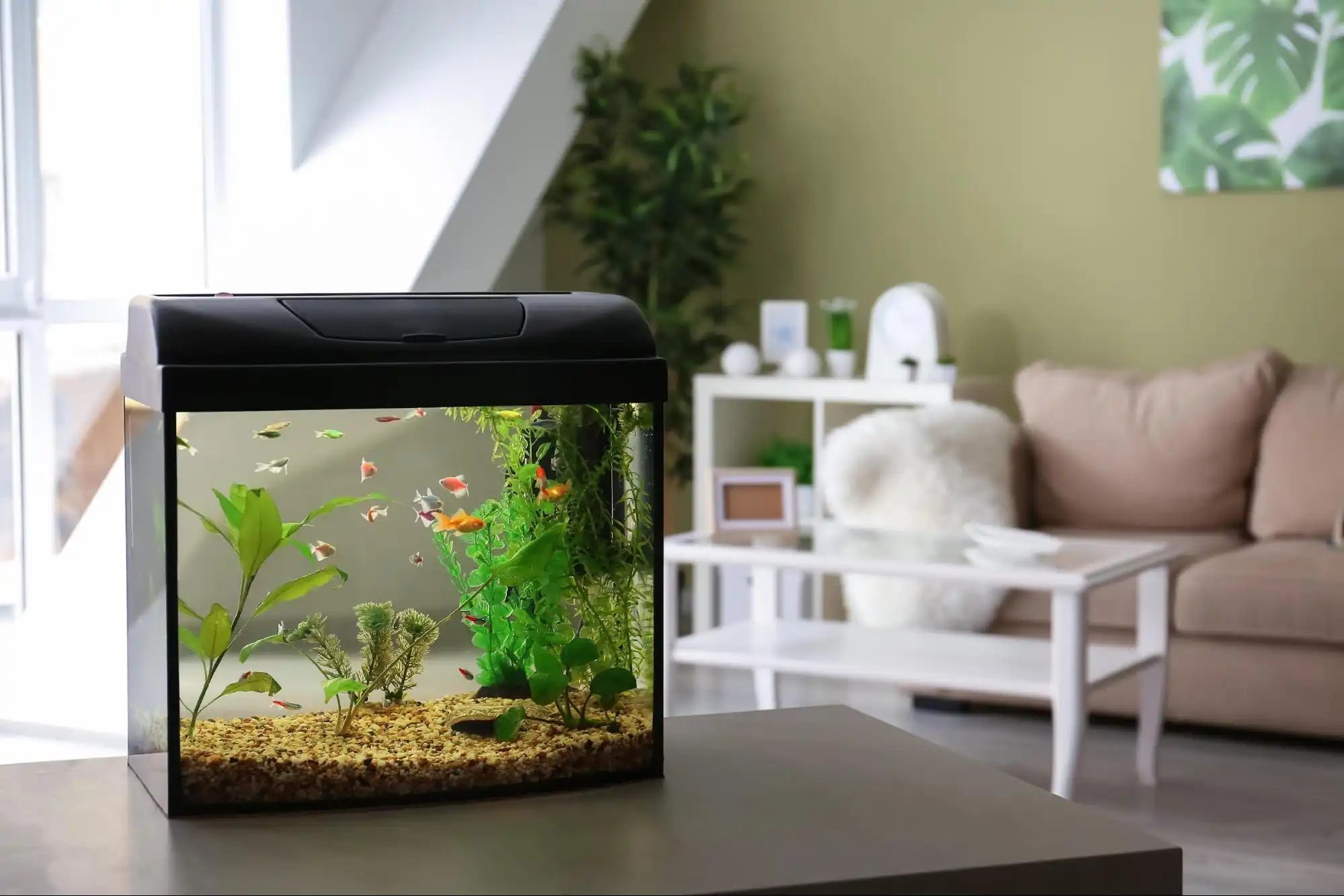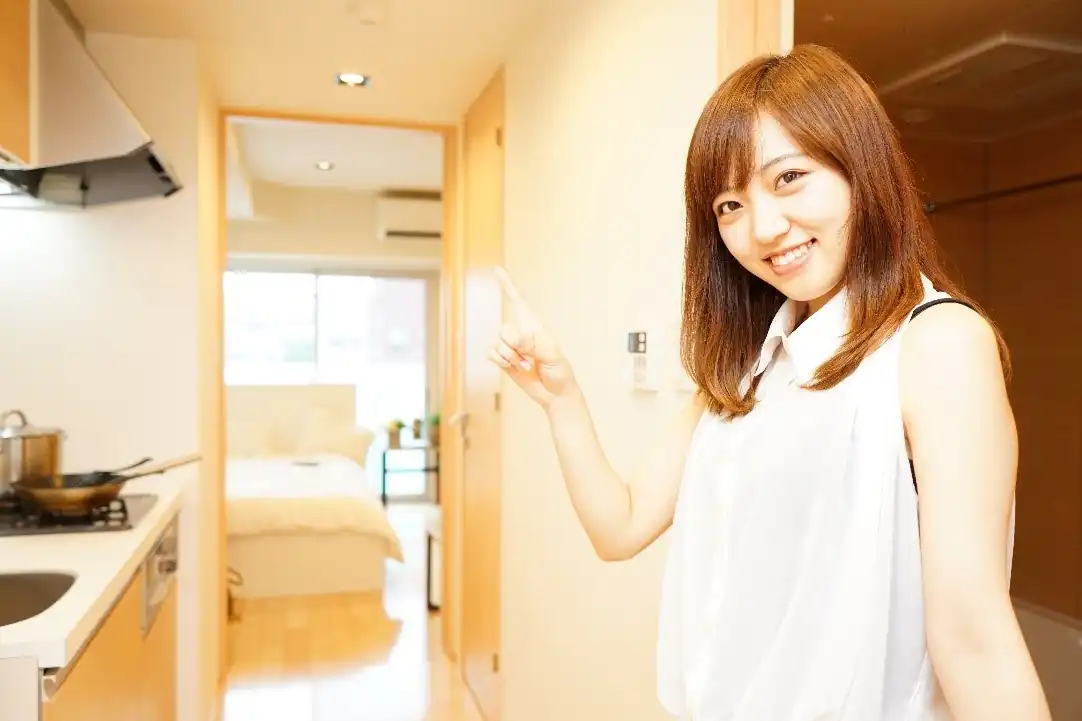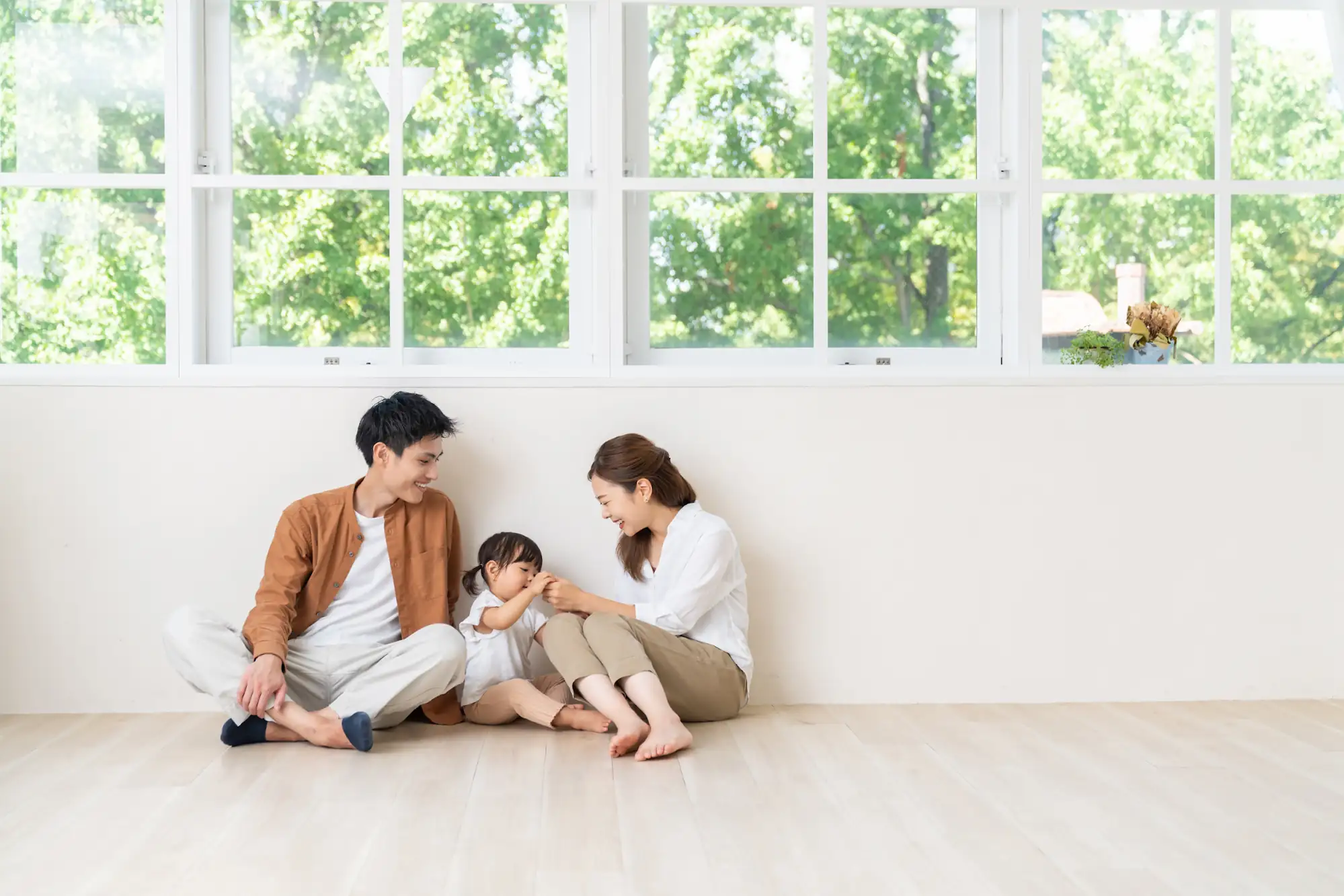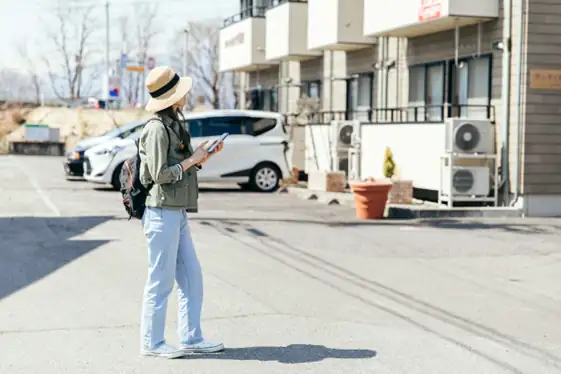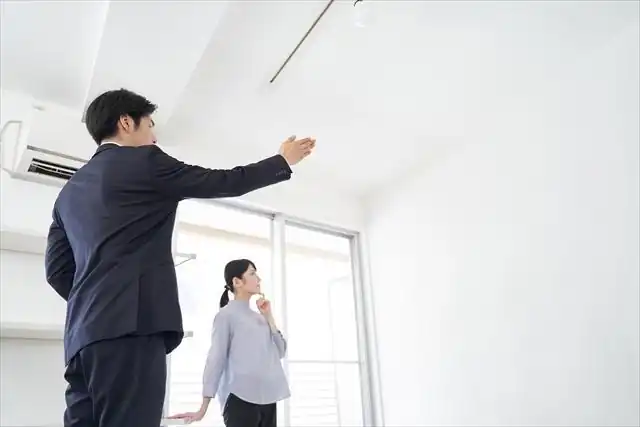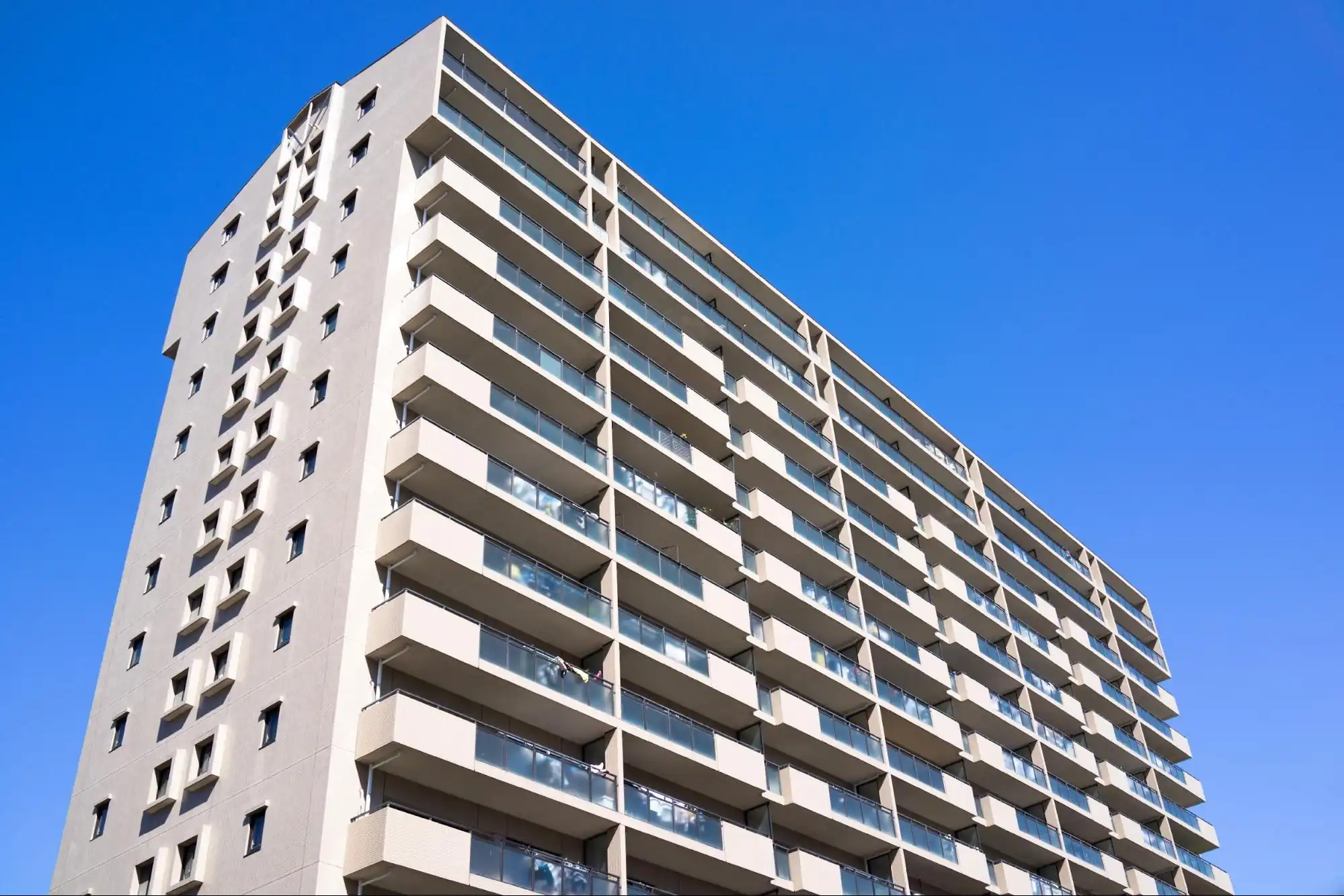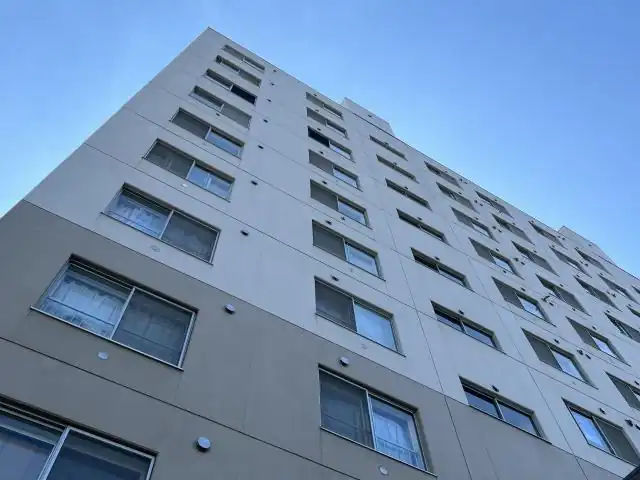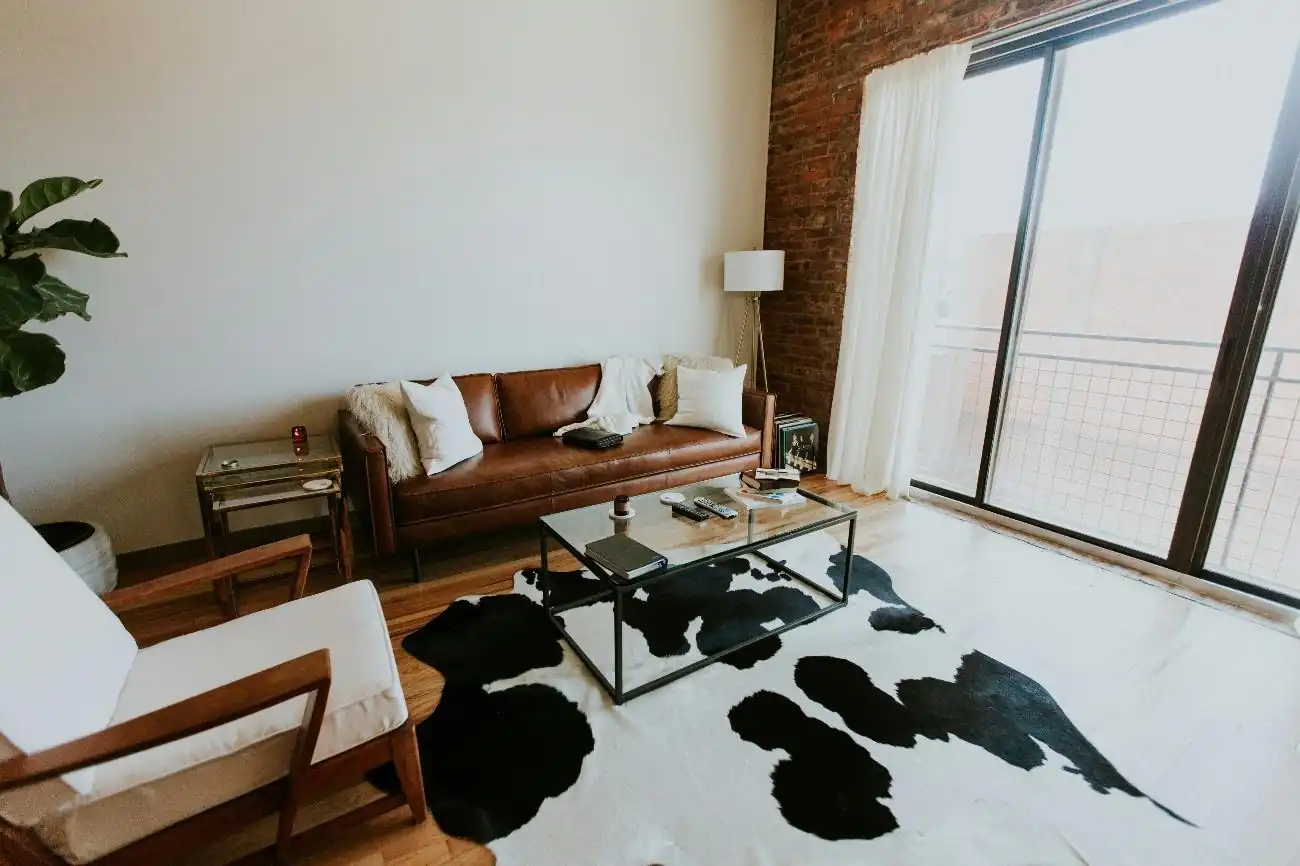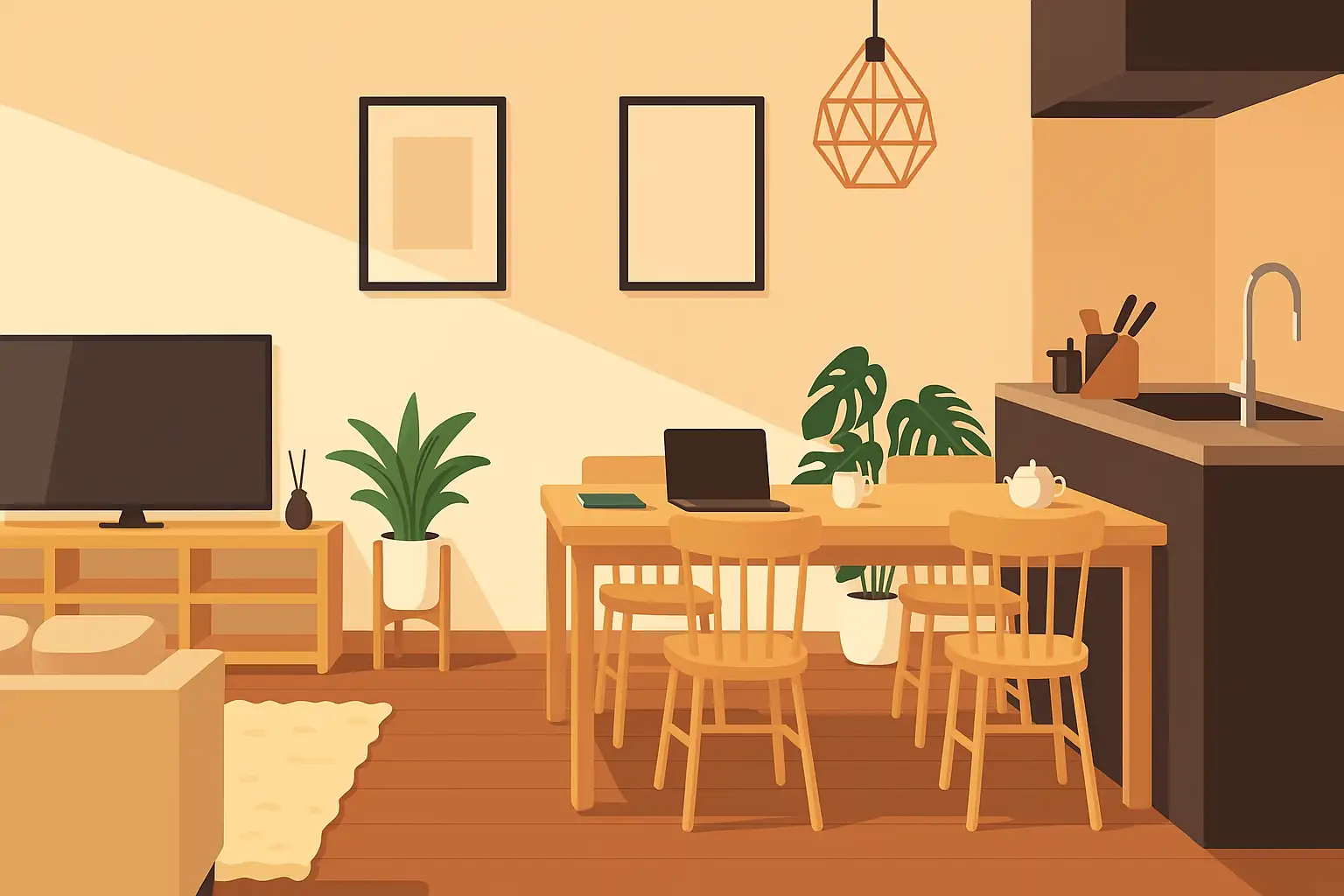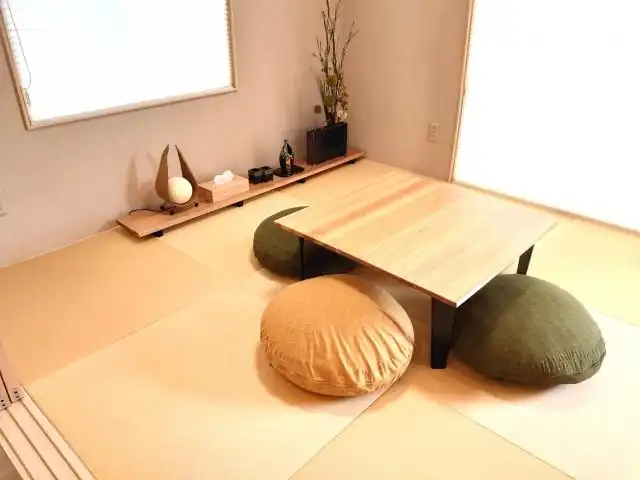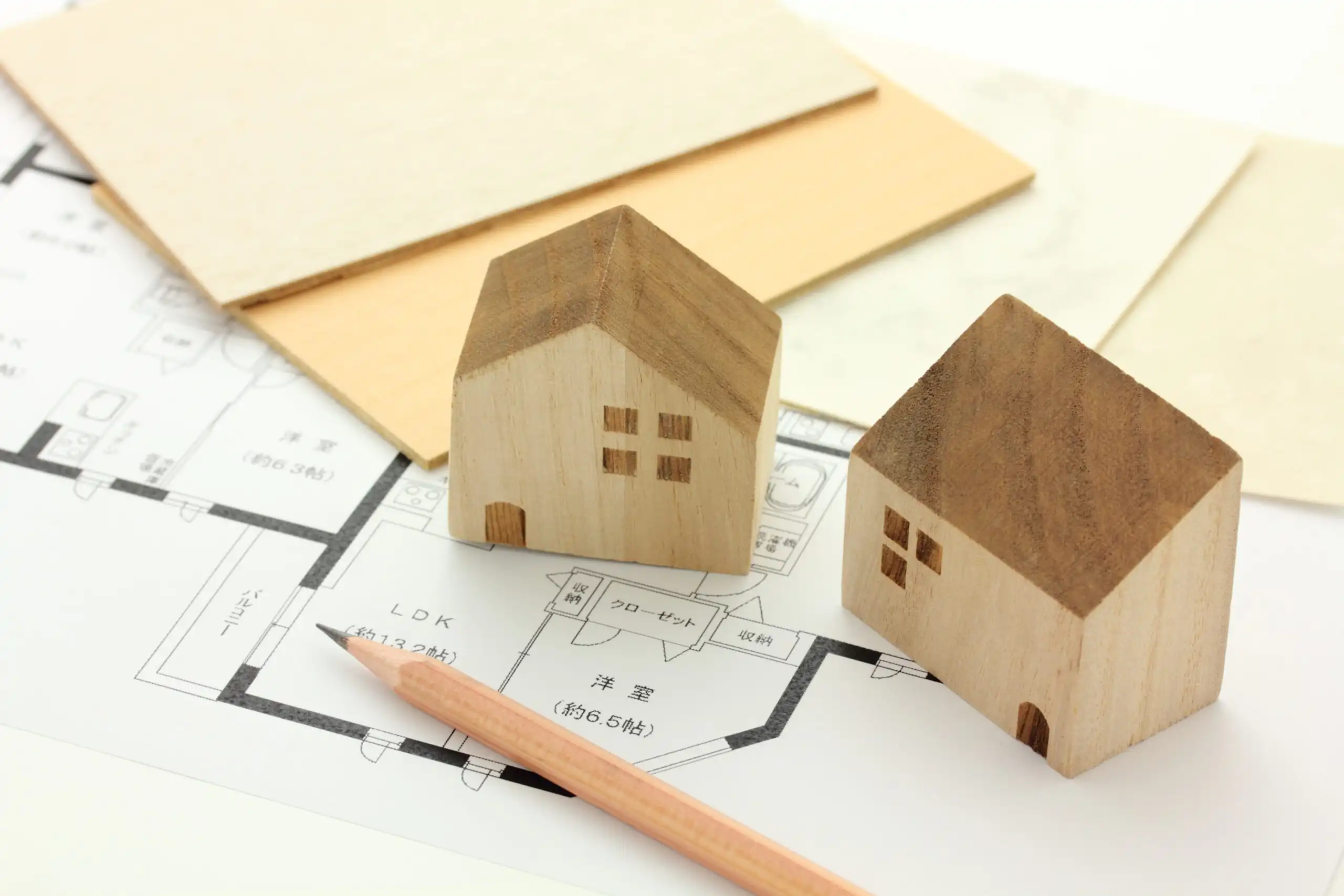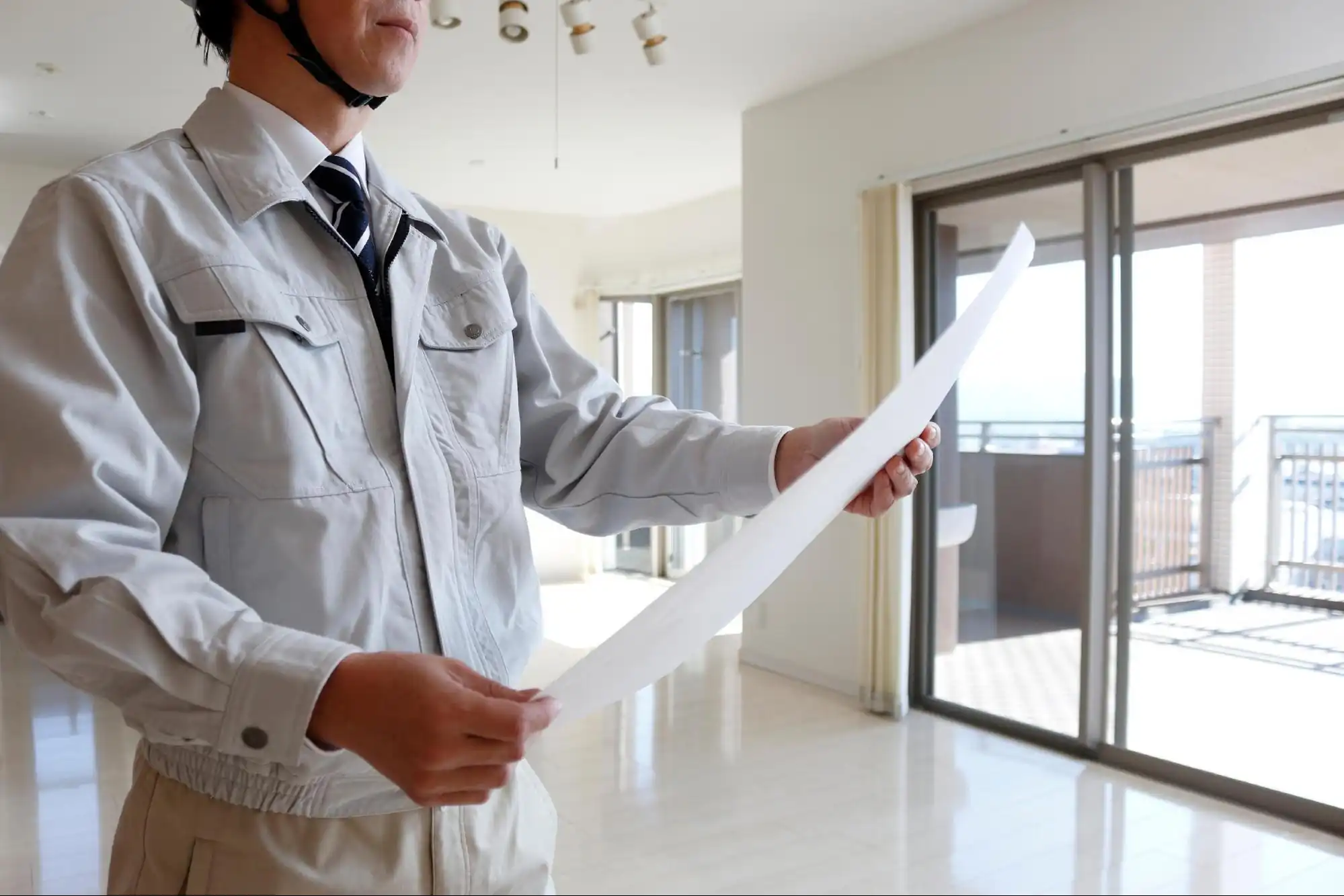For those renting an apartment for the first time or those moving to Japan from overseas, procedures for renting an apartment can be confusing and overwhelming. To start your new life smoothly and peacefully, understanding the process for tenant screening, guarantors, contract procedures, etc., will save you both time and money, while making your apartment hunt much smoother.
In this article, we’ll guide you step by step through the basics of renting in Japan, along with some important information you need to be aware of. If you’re feeling unsure about apartment hunting, feel free to use this article as a reference!
At Village House, there are no security deposits, key money, handling fees, or renewal fees*. We also offer over 1,000 affordable rental properties all across Japan, starting from just 20,000 yen per month! If you’re looking for a new apartment, be sure to check out our website!
*Depending on the contract details and screening results, a security deposit may be required.
Table of Contents
1. First-Time & Foreign Renters
Guides & Tips for Beginners
In this section, we have compiled must-read articles that will be useful for first-time renters and foreigners when searching for an apartment in Japan, such as what to ask a real estate agency in order to avoid mistakes, how to search for rental properties effectively, and how to avoid common issues that foreigners encounter when renting properties.
2. Screening & Applications
Tenant Screening Basics
One step you can’t avoid when renting an apartment in Japan is the “tenant screening” process. In this section, we’ve gathered some practical guides for different situations, including the basics of tenant screening, tips for part-time workers to get approved, and key points for foreigners to successfully pass tenant screening in Japan.
Guarantors & Alternatives
Rental contracts in Japan oftentimes require a “guarantor.” In the articles below, we explain who makes a suitable guarantor and what alternative options are available if you can’t find one, including how to search for rental properties that don’t require a guarantor.
Special Screening Cases
Tenant screening for rental properties in Japan is based on various criteria, including income and family composition. In the articles below, we highlight important information that single mothers should know when renting a property, as well as some tips to ensure a smooth application process.
3. Contracts & Paperwork
Documents & Procedures
When signing a rental contract, there are certain documents, fees, and legal points you need to understand in advance. In this section, we’ve compiled articles that explain what to prepare before signing, how the contract process works, and important tenant rights you should be aware of to avoid trouble later.
Application Issues
When applying for a rental property, unexpected issues can sometimes arise before the contract is finalized. In this section, we’ve compiled helpful articles explaining when and how you can cancel a rental application, important information to be aware of, and some tips for negotiating rent or initial costs.
Contract Renewal & Rent Obligations
During your lease, you may encounter decisions and issues related to contract renewal, rent adjustments, and payment responsibilities. This section covers key points to be aware of throughout the duration of your rental agreement.
4. Rental Costs & Budgeting
Rental Pricing Factors
Even within the same area, rent prices can vary significantly depending on the property. In this section, we’ve gathered articles that explain the main reasons why some rent prices may be higher, and tips for finding a good apartment even in an older building.
Budgeting
To create a budget for rent, it’s important to take all living expenses into account. Check out the articles below for guidance on how much rent you should expect to pay and the typical costs of living in Japan in order to create a realistic spending plan.
Long-Term Living Considerations
Living in a rental property for a long time can lead to problems with repairs and maintenance due to the deterioration of the building and facilities over time. On the other hand, long-term residency also comes with financial benefits, such as an easier chance to negotiate rent and reduced moving costs.
5. Special Rental Types & Cases
Discount & Short-Term Rental Properties
Some rental properties in Japan come with special conditions, such as “Zero-Zero Properties” which have lower initial costs than usual, and “Monthly Mansions” which are convenient for short-term stays. While they have their own benefits in terms of cost and contract length, there are also certain points you need to be aware of, so it’s important to choose a property that best suits your situation.
Unusual & Stigmatized Properties
Some apartments have lower rents than usual because they are considered “Stigmatized Properties”. Even if you find a property that interests you, you may feel uneasy if you don’t know what kind of property it actually is. In the articles below, we explain why certain properties are labeled this way as well as how to research them.
Shared Living
As lifestyles become more diverse, more and more people are choosing to live in “Sharehouses” or do “Room Sharing”. However, when considering these options, it’s important to understand the characteristics, advantages, and disadvantages of each. In the articles below, we explain the differences between Sharehouses and Room Sharing, as well as some tips for living comfortably in them.
Pet-Friendly Properties
When considering pet-friendly properties, you need to carefully check the contract details and rules for each property, not only for cats and dogs, but also for small animals such as hamsters and tropical fish. In the articles below, we explain some key points to consider when keeping pets in a rental property, along with the pros and cons of pet-friendly apartments.
6. Choosing the Right Apartment
Layout & Room Types
One of the most important factors during apartment hunting is the layout. Understanding the differences between different types of layouts, such as One-Room, 1K, 1DK, etc., will make it easier for you to choose a property that suits your lifestyle.
Apartment Viewing
An apartment viewing is your chance to see an apartment in person. It allows you to check things that floor plans and photos can’t fully show, such as the actual room size, sunlight, and overall layout for daily living. In the articles below, we cover the preparations you should make before going for a viewing, what to bring, and the key points you should check on-site.
Building & Structure
When choosing an apartment, the floor you live on will have a big impact on your comfort. In the articles below, we cover the pros and cons of living on the top and ground floors.
Orientation & Location
The orientation and location of a room can greatly affect how comfortable it is to live in. In the articles below, we objectively explain the differences between corner and middle units, the characteristics of south-facing apartments, and the advantages and disadvantages of each option.
Furniture & Features
While furnished properties make it easy for you to settle in right after moving in, they can be difficult to customize to your personal preferences. Another unique option to consider is the traditional Japanese-style rooms with tatami flooring, which are well-known for their calming atmosphere and the comfort of tatami mats. However, they do require careful maintenance and attention in daily use. In the articles below, we introduce the advantages and disadvantages of Japanese-style housing.
Quality & Safety
What determines comfort and peace of mind in daily life are the “quality of the building” and its “safety”. Inconvenient layouts and poor facilities can disrupt everyday living, while the structure and earthquake resistance can make a critical difference in times of disaster. In this section, we’ve compiled some useful articles that focus on building quality and safety.
Explore Our Resource Hubs
Are you preparing for a different stage of your housing journey? You may find the following resources helpful.



